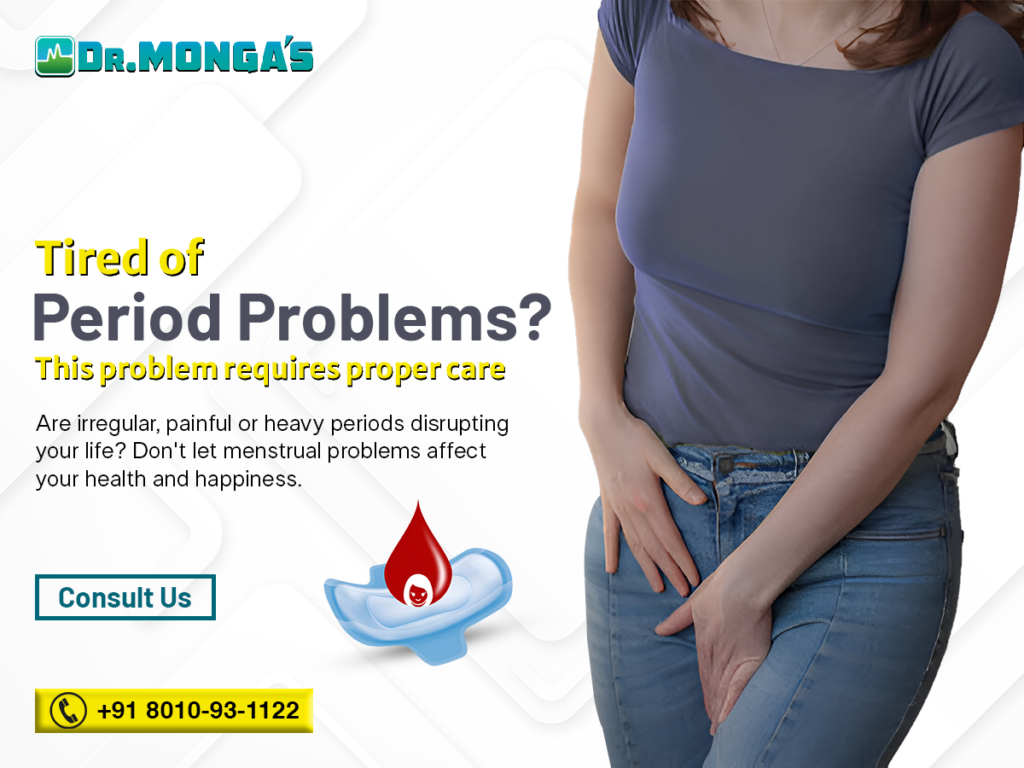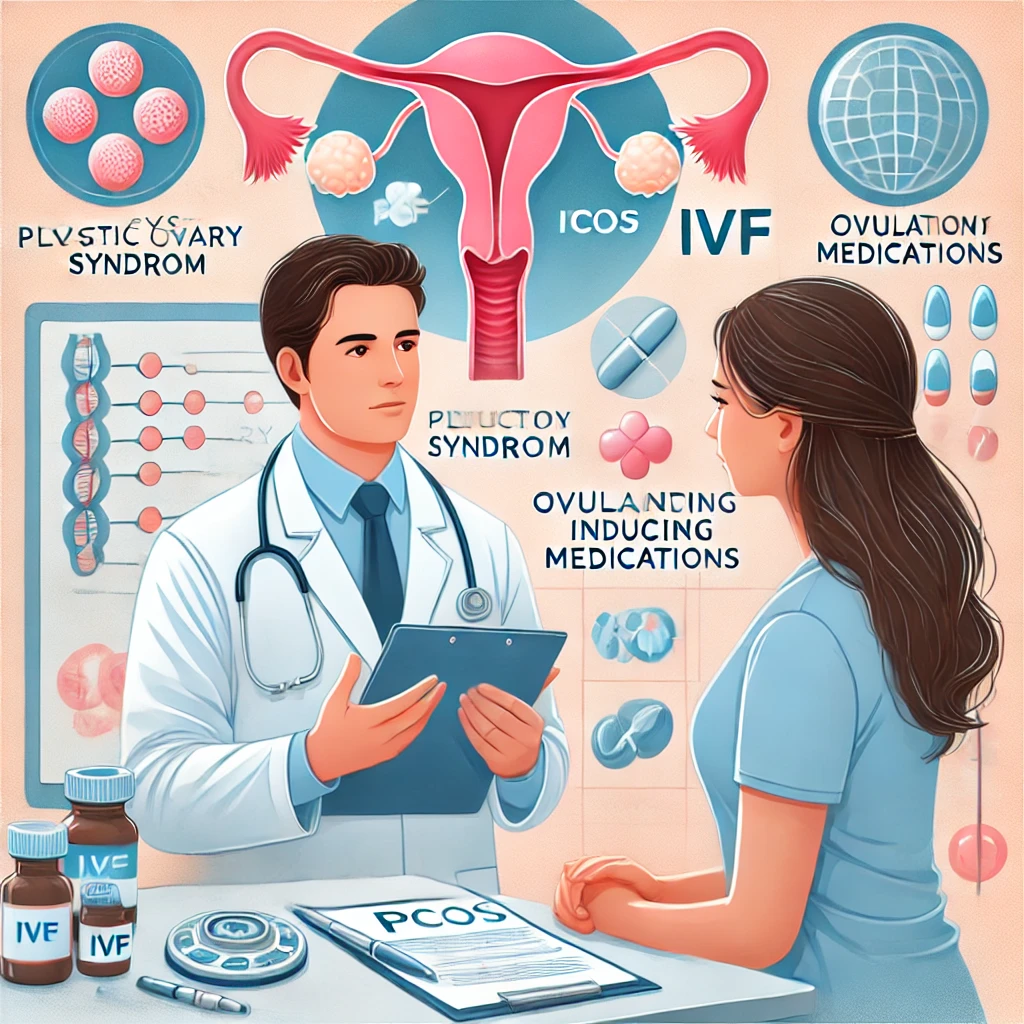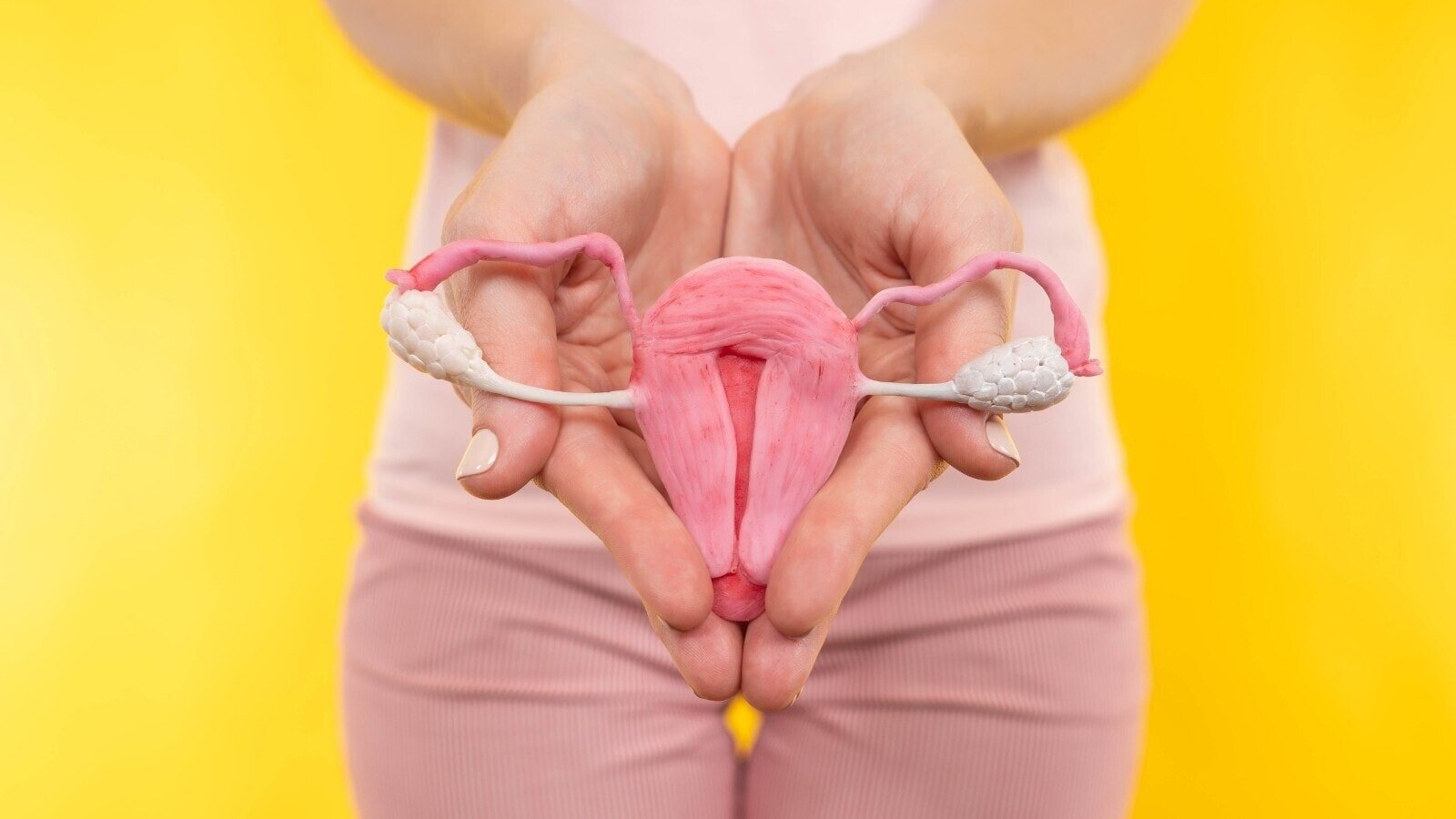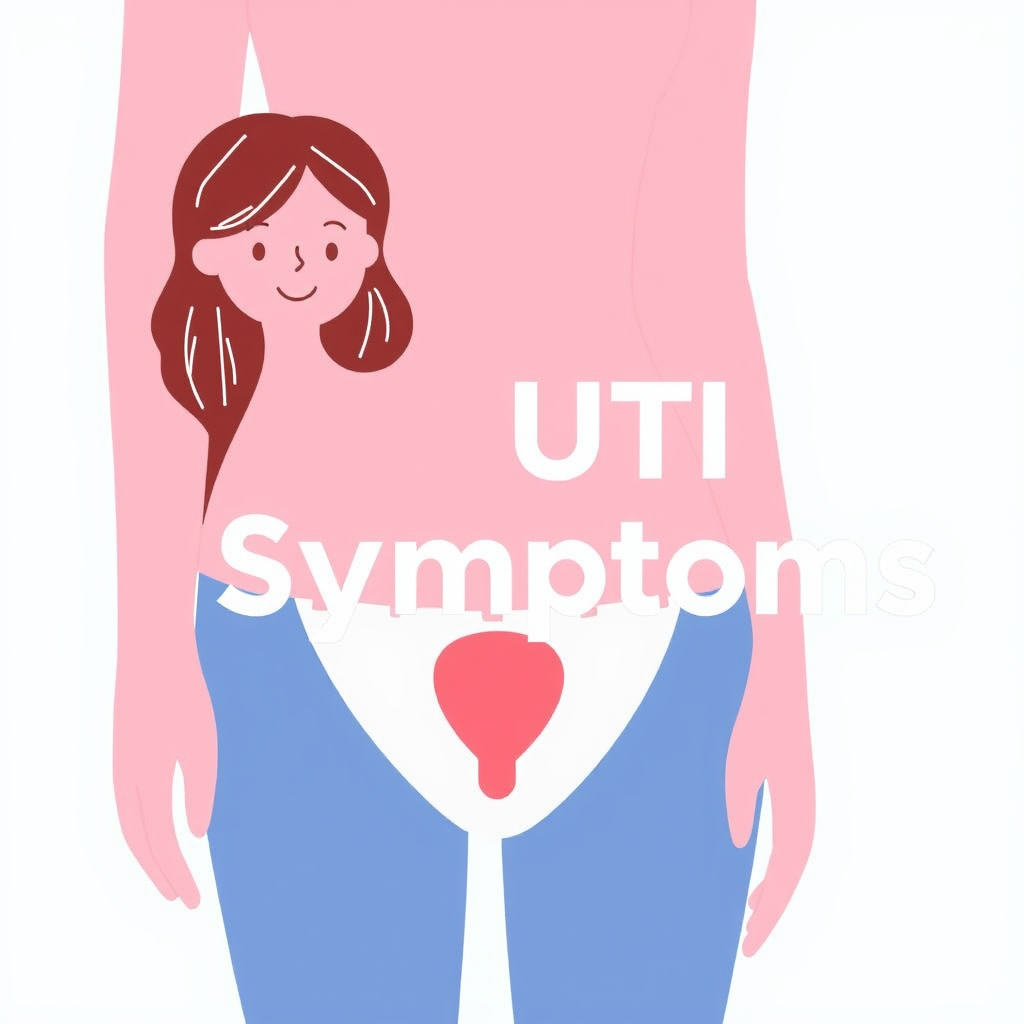Period Pain – A holistic approach is needed in treating mental health and fertility problems say researchers.

A study has found that depression may be a cause of menstrual pain.
The researchers identified potential genes linking the condition to menstrual pain. They suggested that the findings point to the need for a holistic approach when treating mental health and fertility issues.
The data shows that women are twice as likely as men to suffer from depression and this is particularly evident during the reproductive years.
In the study published in the journal Briefings in Bioinformatics, researchers from China and the UK found that the condition increases a person’s chance of experiencing menstrual pain (dysmenorrhea).
Main Facts About Depression and Period Pain
Depression and period pain may seem like two different problems, but both have a profound impact on the physical and mental health of women. During menstruation, women not only suffer physical pain but many times their mental health is also affected.

Here are 10 important facts related to depression and period pain, which will help you understand and manage these problems better.
Depression and Period pain may be linked.
- Hormonal changes during menstruation can worsen symptoms of depression.
- Fluctuations in estrogen and progesterone can cause mood swings and sadness.
PMS (premenstrual syndrome) and depression have similarities
- Irritability, fatigue, and mental stress during PMS are similar to the symptoms of depression.
- 1 in every 4 women experiences severe PMS.
Dysmenorrhea is common but can be severe.
- Period pain is called “dysmenorrhea” and is very common in women.
- Severe dysmenorrhea can hinder women from working, studying, and carrying out daily activities.
Effect of cramps on mental health
- Painful cramps during periods can increase mental stress and irritability.
- Prolonged period pain can increase the chances of depression and anxiety.
Hormonal changes cause mood swings
- A drop in estrogen levels can affect dopamine and serotonin, which regulate mood.
- This can lead to feelings of anger, sadness, and mental exhaustion.
Depression can make period pain more severe
- Women experiencing depression may feel more pain during their periods.
- This cycle of pain and mental health can be extremely challenging for women.
Lifestyle has a big impact.
- Poor diet, lack of sleep, and lack of exercise can worsen period pain and depression.
- Adopting a healthy lifestyle can reduce these symptoms.
Role of self-care
- Applying a hot water bottle to the stomach can relieve cramps.
- Yoga, meditation, and slow deep breathing techniques can reduce mental stress.
Therapy and counseling can help
- Consult a medical professional if you are experiencing severe depression or period pain.
- Hormonal treatment and painkillers can provide relief.
Social support is important.
- Depression and period pain can make women feel lonely.
- Support from family and friends helps improve mental health and manage pain.
Conclusion
Depression and menstrual pain can have a significant impact on women’s physical and mental health. Dealing with them requires the right information, self-care, and medical help. If you or a loved one is struggling with these problems, remember that help is available and you can handle it.
Depression causes increased anxiety, which can increase pain and cramping during depression. Mental stress also increases cramping and inflammation, making pain more frequent.
Inflammatory bowel disease is caused, which increases the frequency of pain and cramping during cramping. Also, stress can increase inflammation, which can increase pain and cramping.
Depression pain can be increased because it promotes depression, stress, and inflammation, making cramping more intense and strong.
Women who are already bedridden from depression, stress, or anemia are at the highest risk for depression-related cramping, as all of these factors can increase pain.








Leave a Reply